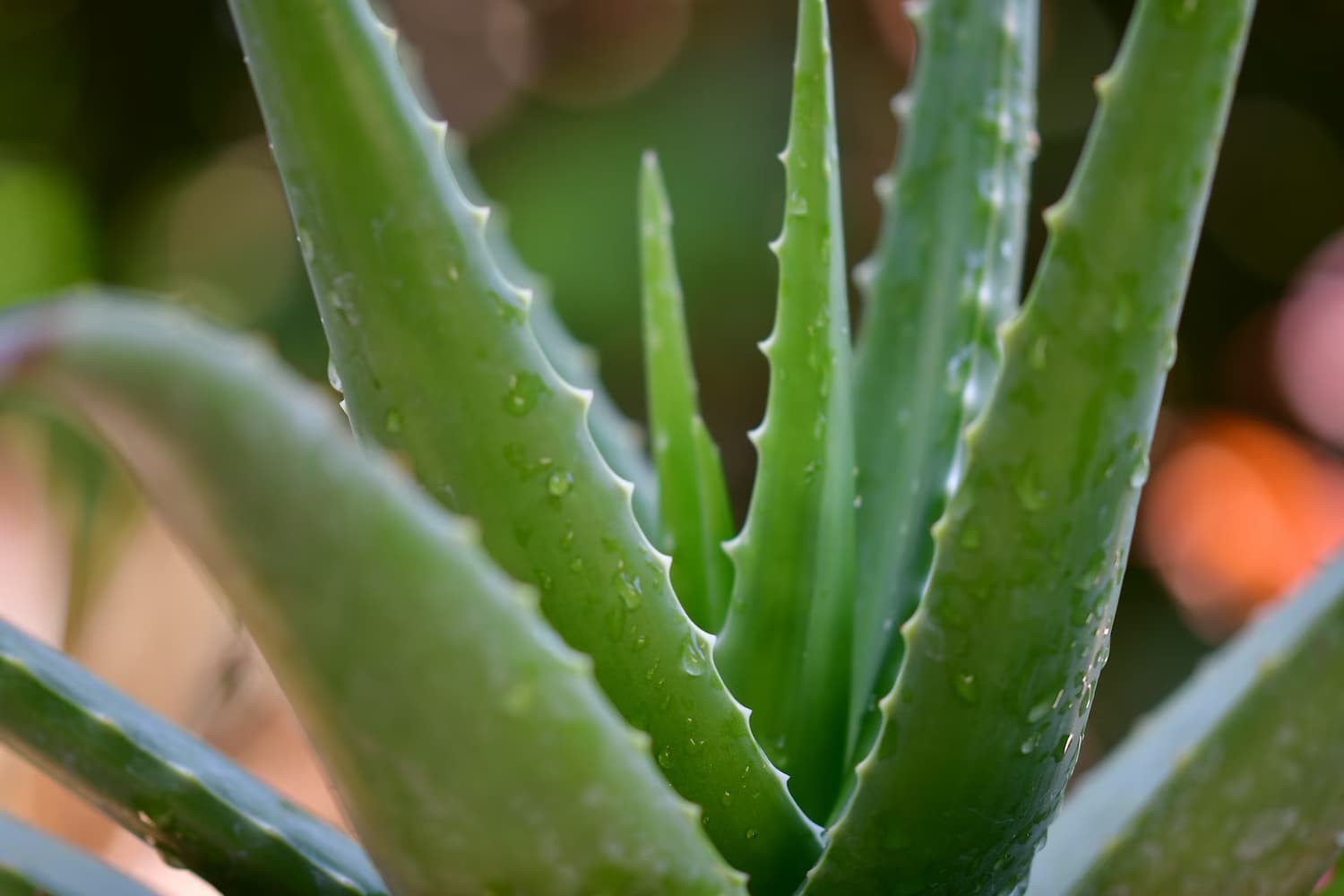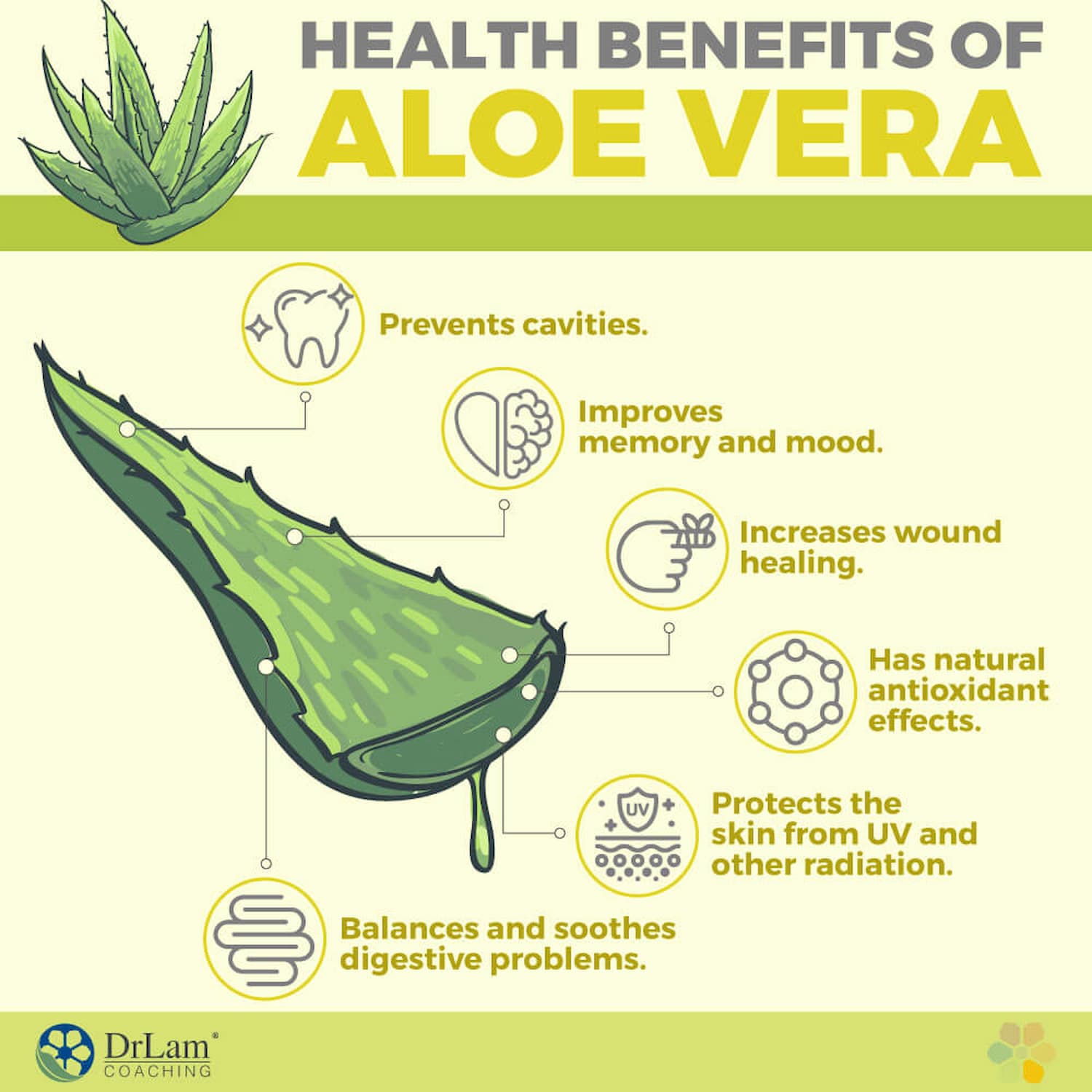
Scientifically known as Aloe barbadensis Miller, aloe vera is a medicinal plant that contains over 70 necessary ingredients and more than 200 biologically active elements, including minerals, enzymes, polysaccharides, vitamins, biological stimulators, amino acids and proteins. These work on the body in a number of ways to bring about surprising benefits. Read on to learn more.
General Uses of Aloe Vera
Early Egyptians dubbed aloe vera "the plant of immortality" because of its therapeutic effects. It played a vital role in Cleopatra's beauty routine, and it could perhaps be the key to her eternal youth. The aloe plant has many health benefits and has long been associated with the treatment of skin irritation or problems, regardless of the cause or nature of the condition. Oral aloe products, such as the aloe leaf, have many potential benefits as well, including the prevention of dental plaque and cavities, and the decrease of blood pressure due to its anti-inflammatory properties.
Aloe vera gel is used as a topical treatment for various skin conditions, including sunburns, eczema, minor burns, insect bites, wounds, and for treating fungal infections. The antifungal properties of the aloe gel is also good for treating acne, athlete’s foot, mouth sores and tonsillitis. It also aids in the stimulation of cell regeneration. Used in a medical sense, this succulent plant has a powerful laxative effect that can aid with bronchial congestion, and the juice from the whole leaf can help with a number of digestive disorders like ulcerative colitis.
Source: Dr. Lam Coaching
Aloe Vera and Sunburn
Aloe vera is most well known for its soothing effects on sunburn. Aloe vera gel has antibacterial properties that help to heal the burns as it contains aloectin B, which stimulates the immune system. Pure aloe vera gel can be obtained from health food stores, and there are various products that you can use in the event of a sunburn, such as creams, liquids, ointments and lotions that all contain aloe vera. Aloe vera's moisturising properties are another reason for its extensive use in skincare products around the world.
In the treatment of first- and second-degree burns, bathe as soon as possible and apply the aloe vera product you have chosen to the affected area. Aloe vera gel is highly recommended as it helps to relieve the pain and inflammation.
Aloe Vera and the Skin
There's a reason why aloe vera products are so popular in the beauty market. Aloe vera tightens pores and protects the skin from the sun's damaging rays. It also decreases sebum, which can cause acne, and is a humectant, which means it helps the skin retain moisture. Other benefits of aloe vera to the skin include:
- soothes dry, cracked skin
- treats frostbite, burns, insect bites, blisters and allergic reactions
- contains high numbers of healing agents
- helps create smooth, glowing skin
- moisturises extremely dry skin
- its moisturising properties give oxygen to the cells, which in turn increases the strength and synthesis of skin tissue
- helps to remove dead skin cells
- transports healthy substances through the skin
- helps to prevent ageing of the skin
- improves the appearance of skin lesions
- lightens dark spots on the face and reduces the intensity of skin pigmentation
Aloe Vera and its Internal Effects on the Body
Aloe vera juice is used to maintain and restore the balance of stomach acids. Its regenerative properties build the tissues of the small and large intestine, colon and stomach tissue. Research has shown that aloe vera stimulates the fibroblasts to make new tissue. The polysaccharides in aloe vera are used to improve the properties of the immune cells, and it is very effective for removing waste from the body.
Aloe vera enhances the absorption of nutrients and aids digestive functioning. According to peer-reviewed studies, it is very useful for treating digestive conditions such as acid indigestion, candida, colitis and irritable bowel syndrome. Aloe vera extracts can be used for lowering blood sugar levels as well as reducing cholesterol and blood fat levels.
Aloe Vera Side Effects
Aloe vera is generally safe to use as long as you follow your healthcare provider's advice; otherwise, you may experience some adverse effects. Long term usage of aloe vera can result in a fluid imbalance in the body, a potassium deficiency, hematuria, and albuminuria. These are rare side effects, however. Aloe vera should not be taken or used in the following circumstances:
- by children
- by pregnant women or those attempting to become pregnant
- if you are feeling abdominal pain
- if you are menstruating
- if you are breastfeeding
- if you have inflamed intestinal disease or appendicitis
- if you are taking licorice, diuretics, or corticosteroids
- if you have to take medication that contains cardiac glycosides
- if you have ulcerative colitis or Crohn’s disease
- if you are taking anti-arrhythmic medication
- if you are having surgery such as a laparotomy
When taken internally, the juice of aloe vera may turn the urine pink or red. Too much can result in dehydration, stomach cramps or intestinal spasms, so it is important that you follow the recommended dosage on the product.
Originally published on Nov 06, 2008









